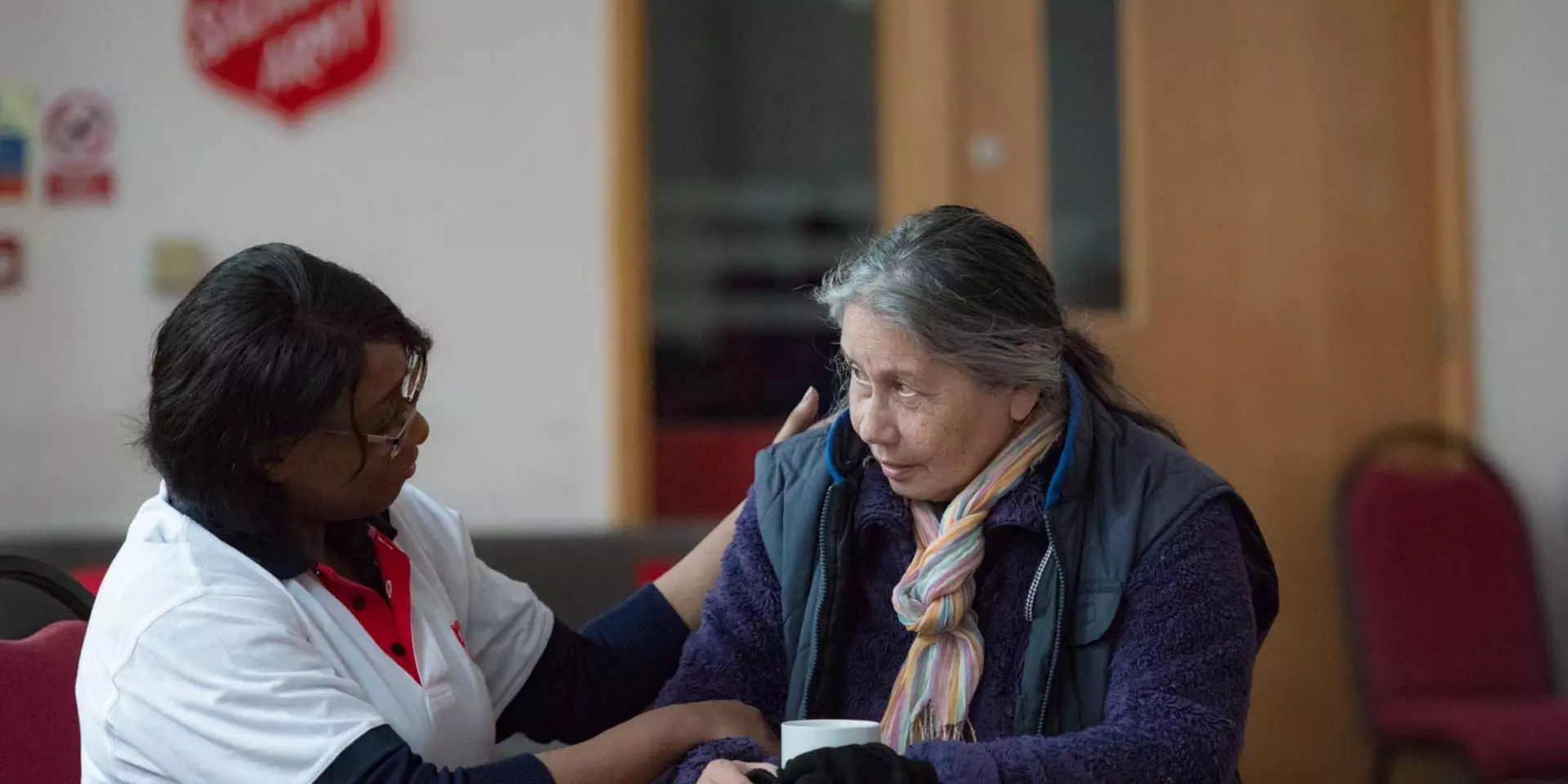More support needed for people trapped by poverty
published on 23 Jan 2024
A new report from The Joseph Rowntree Foundation (JRF) which shows that poverty is deepening for millions of people in the UK reflects what our Salvation Army officers see every day.
JRF has found that incomes for the very poorest people in our society would need – on average - to more than double for them to be able to move out of poverty. The report is published here: https://www.jrf.org.uk/uk-poverty-2024-the-essential-guide-to-understanding-poverty-in-the-uk
Lieutenant Colonel Dean Pallant from The Salvation Army said:
“Salvation Army officers and volunteers are increasingly supporting people who are running out of options: people who used to donate to our food parcels who now come to us for help; those who come to our churches and community centres just to stay warm; parents who rely on our school uniform banks, because buying new would mean the family goes without food.
“The lowest incomes in the UK are completely out of sync with soaring rents and ever-increasing food and energy costs. We do all we can to help but this situation needs Government intervention in order to reverse this worrying decline in living standards for a huge number of children and adults in our society.”
The Salvation Army has developed a series of support programmes to help people move out of poverty. These range from emergency support like food and clothes banks to specialist long term interventions like debt advice and employment support.
Dean Pallant continued, “While the Joseph Rowntree Foundation report is bleak, there are ways of helping people out of the poverty trap. The people in the queues to our foodbanks don’t want handouts, they want access to employment, a decent wage and affordable rent. We have seen thousands of lives transformed when people have been given some practical support to change their circumstances.”
The Salvation Army is calling on the Government to:
1. Form a new cross-Government task force to tackle, with empathy and compassion, the reasons people are not earning and are trapped in poverty.
2. Reduce the five-six week wait for a first Universal Credit payment to two weeks at a minimum.
3. Pause the clawback of welfare debt until the cost of living crisis has subsided and at least include Universal Credit debt in the ‘Breathing Space’ debt support scheme.
4. Commit to an Essential Guarantee for minimum benefit levels.
